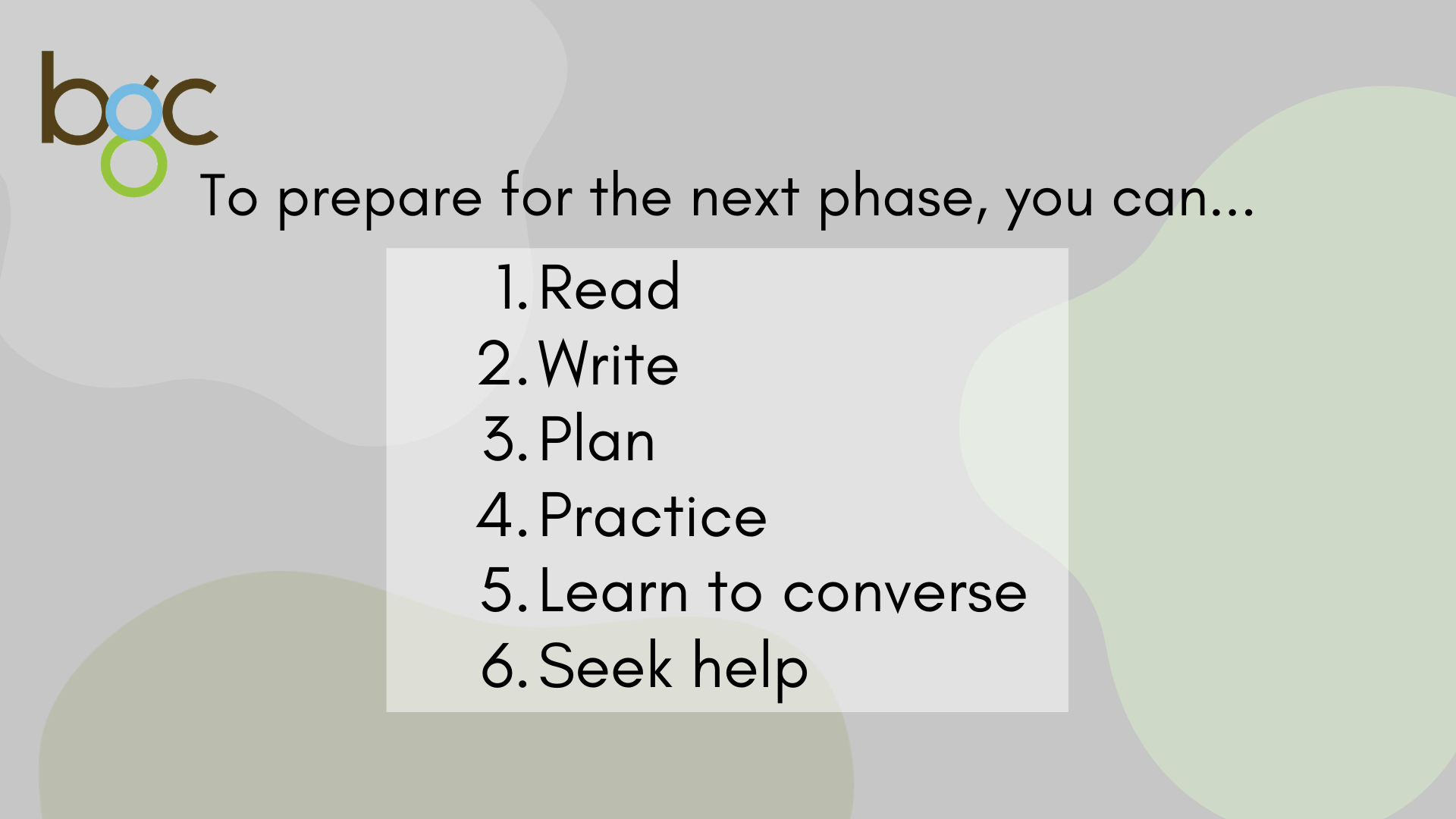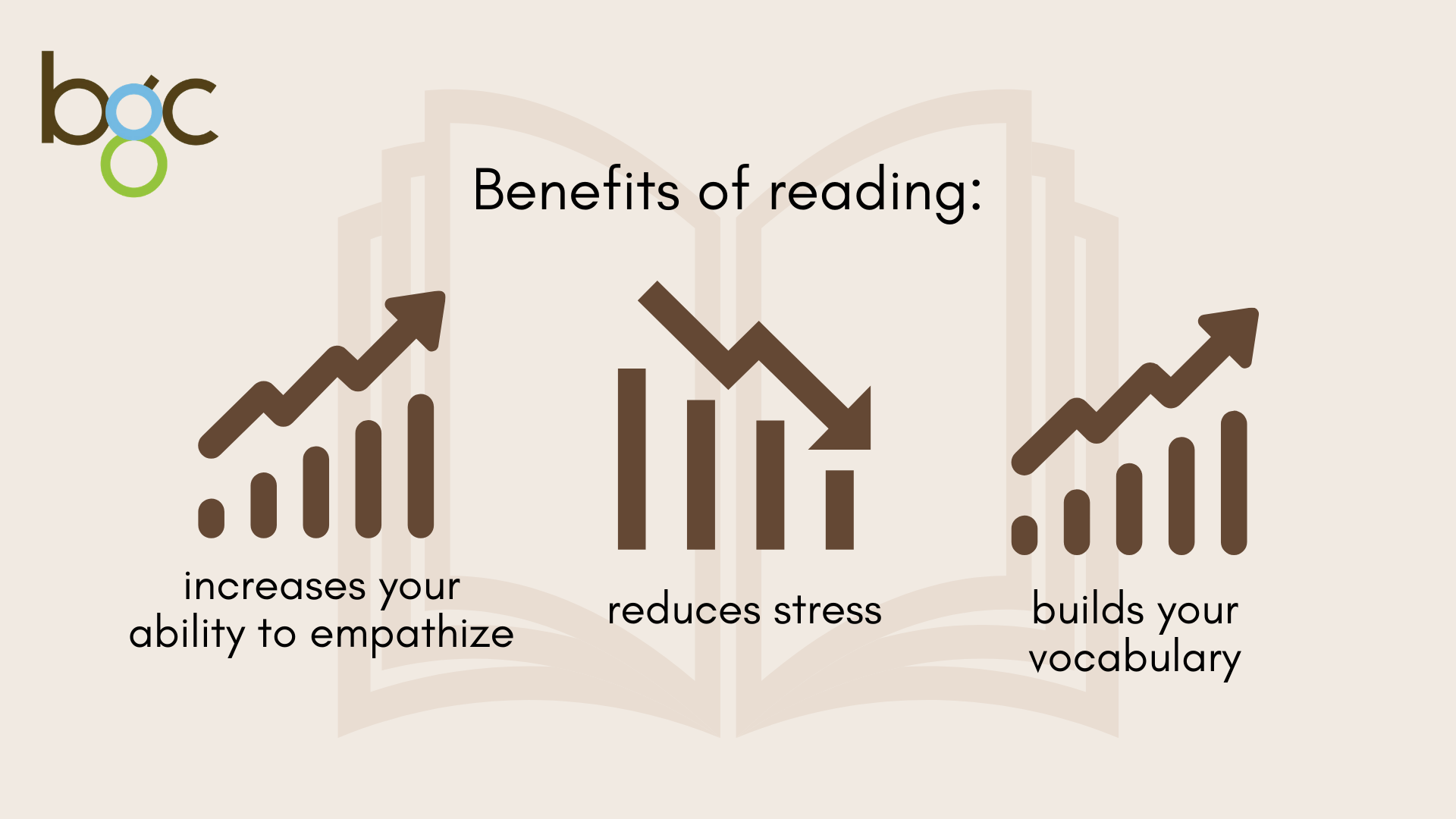The time is finally here! You are so close to completing your two years of National Service, and you are probably excited to start your next phase in life, be it studying or working. But, at the same time, you feel lost and apprehensive because you don’t know how to go about preparing yourself for the next phase. Some may have already started to plan for life after NS weeks, and some even months before they ORD. Whereas for others, they plan only after NS ended. Both of which are completely fine, it really depends on what you are comfortable with!
You may also have seen or heard stories of people struggling to catch up with their academics and work life when it was their turn to step into the adulting life. It is advisable for you to start planning for your future before NS comes to an end, while you still have time to plan and think about what you want to do before the hectic lifestyle begins.
Here at BGC Group, as an HR recruitment firm, we care about you and your future, and we believe in planning ahead! Here are the 6 things that we think you can do before you ORD, or after if you are comfortable with it, to better prepare yourself for the life ahead!
Related article: ORD LOR! But, What's Next?

Start reading up
Reading is one of the ways that you can gain new knowledge, or revisit the knowledge that you once remembered. There is a wide variety of topics that you can choose from to start your reading journey. You can always start to read fictional books that pique your interest, or the newspaper to keep up with the latest news. Another option is that you can read up on materials pertaining to your university course, or the career that you plan to pursue. Either one that you may choose, reading is a good habit to cultivate. It is a good opportunity for you to brush up on your English as well!
Here are some benefits of reading:

Increases your ability to empathize: by reading fictional books for a long period of time, readers are exposed to the inner lives of the characters, this may increase the reader’s ability to understand the feelings and beliefs of other
Reduces stress: by reading books, readers are putting themselves away from their busy schedules to relax for that short period of time. This is almost equivalent to doing yoga, as it lowers blood pressure and heart rate.
Builds your vocabulary: through reading, you are constantly exposed to new vocabulary and phrases, and you will be able to learn it through context. A poll conducted by Cengage in 2019, showed that 69% of employers are likely to hire people with soft skills, such as effective communication, this can be achieved by reading.
Start writing more
Second to reading, for you to practice what you have read, it is advisable for you to start writing more regularly. You can practice either typing it out or writing it out physically, on a piece of paper. By writing out, it will also help you improve your speaking skills, especially when you are using platforms or widgets that will help to correct your grammar and spelling mistakes. Companies are also more likely to hire candidates who are better skilled at communication and writing.
Writing is not just confined to one language, such as English. You can take this opportunity to brush up on other languages, such as your mother tongue. This is definitely useful when you are working in an international company, or a company that works for international clients. Being proficient in various languages, both written and spoken, will increase the chances of you being hired.
Here are some benefits of writing more often:
Communicate with clarity: by writing often, you can better visualise your sentence structures and express yourself better with more apt words. This allows you to communicate complex ideas in a more effective way.
Be more productive: writing will activate the neurons in your brain, and it starts your “gears” running. One way of increasing productivity through writing is to write down your tasks, through typing or writing down on a piece of paper. Plus, you get to feel a sense of satisfaction when you strike the tasks off when you are done.
Plan out what you want to do in the near future
The obvious thing stated in this article is to sit down (or stand, whichever), to plan out what you want to do in the future. By having the end goal in mind, you can plan the small goals or tasks for you to achieve. Use them as stepping stones to guide you to the finish line. You can use certain goal settings systems to plan your future out. One of the more well-known methods of goal setting is S.M.A.R.T. goals, which means Specific, Measurable, Attainable, Realistic, and Time-bound.
It is important to plan for your future, as much as we are still young, you wouldn’t want to waste time not doing anything. If you are not convinced to start planning today, here are some benefits of planning!
It provides motivation and commitment: by providing yourself a clear goal to reach at the end of the day, you will feel more certain and motivated to accomplish the goal, especially when it is a goal that you want to work towards.
It improves decision making: with the end-goal in mind, it will help you focus and skew all your decisions towards the goal
Practice
Take this opportunity before you ORD to train up on your skills and knowledge. You can focus on the skills that are relevant to your future, for university, or for work. This is to better prepare for the transition from military life to civilian life and to remain competitive and skilled when your new journey starts.
Information Technology
You do plan to take up any IT-related courses in university, you can start practicing programming, statistics, software development, AI and machine learning, etc. For any IT or engineering course, you are bound to do some mathematics. Most of the people, after completing their NS, find it a struggle when they had to do the math modules again. As math is a subject that requires constant practice and revision, it is advisable to start before you ORD for your brain to get used to the grueling math questions.
Healthcare
There are a wide variety of career paths to choose from in healthcare. For some sectors in healthcare, such as business administration, you are required to learn accounting, economics, and principles of management. That is why it is advisable for you to brush up on your knowledge, should you have prior knowledge, such as revisiting your accounting textbooks and worksheets. You may also require your biology, chemistry, and physics knowledge. So it will be a good opportunity for you to reread your textbooks and memorise the formulas, equations, and definitions!
Finance
You can start by practicing your Principles of Accounting in case you have already forgotten how the whole accounting system works. There are a lot of videos on YouTube teaching the basics of accounting whenever you need assistance. When planning to work in the finance sector, you would also need to have a strong command of English, which is why it is important that you read up often and practice your proficiency in the language.
Learn how to converse with others
After working in a military setting for two years, where you learned all the military lingo and jargon, you may have difficulties snapping out of it. Nothing is wrong with that, but when you work in a corporate setting, or when you are back in school, it is almost mandatory for you to do presentations, regardless of your faculty or industry. Many guys after ORD mainly focus on their life in NS when it comes to conversing with other people, especially people from the other gender. (Not that I was a victim myself, and not that there is an issue with you conversing around NS most of the time) Much like reading up with the latest news, you can read up on other topics to add to the conversation topic list.
Seek help from a trusted recruitment company
If you are clueless about what you would want to do after NS, you can always consult your seniors, friends, family, and relatives. Another option you can choose is to seek help from a trusted recruitment company on the possible routes you can take post-NS. The reason why you should seek help from a trusted recruitment company is that they can help you find the company and career that is the best fit for you. It saves you time and money to invest in finding out what works and what does not work for you. Here at BGC Group, we care about you and your success, and we strive to help you to make the best decisions in your career.
Wrapping up
There is no right or wrong when it comes to planning, all that matters is that you are happy and contented with the choices you make. Having completed two years of National Service is something commendable, and you should be proud of it. Now, go, go and enjoy being a civilian!
Like what you read? Comment down below and let us know what you plan to do to prepare yourself for your civilian life after NS! Do check out our other articles over here.
Read more:
How to Remain Competitive in the Job Market
The 2021 Guide to Surviving a Tough Jobs Market
We List Your Best Career and Industry According to Your Destiny
